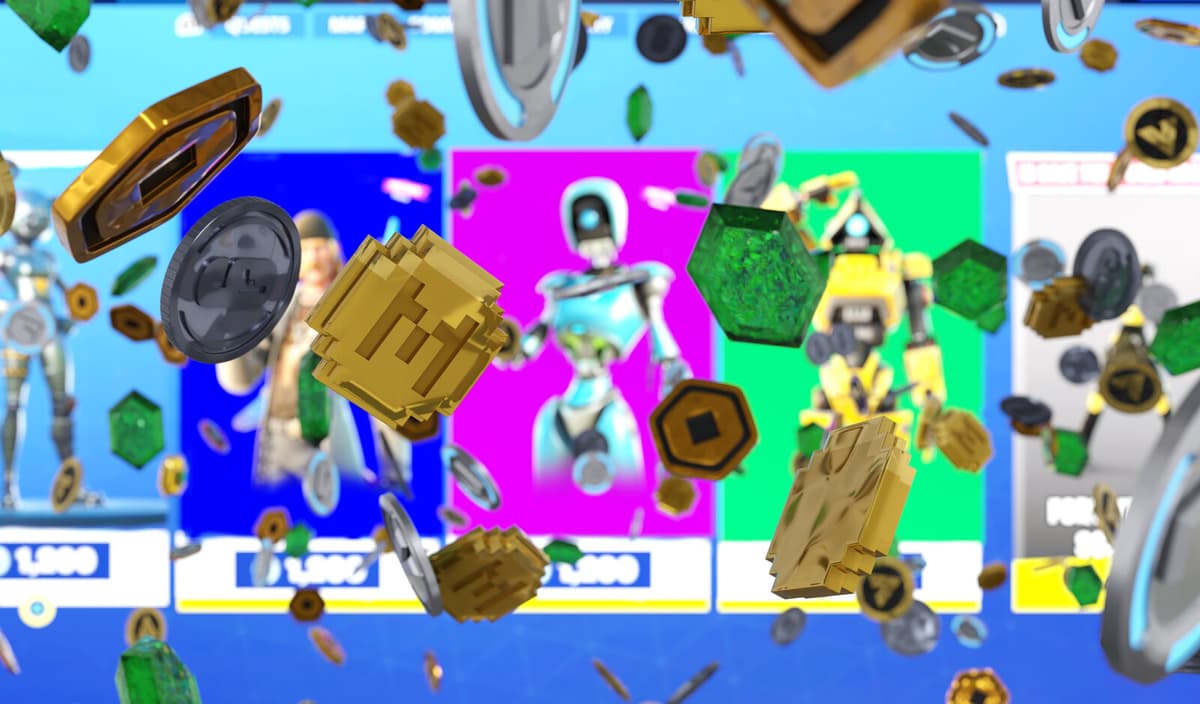Sweden's consumers and 20 other European consumer organizations have reacted strongly to the strategies used by game giants to lure children and young people into spending money on in-game purchases. The strategies are accused of being sneaky and manipulative.
The organizations view the use of virtual currencies, such as V-bucks in "Fortnite" or FC Points in the football game "FC" (formerly "Fifa"), as problematic. Players buy the virtual currency with real money, which is then spent in the game.
The only reason we can see is that they are trying to hide the real costs of the purchases from consumers, says Sinan Akdag, international secretary at Sweden's consumers.
Spend more
Three out of four parents claim that their children do not spend any money in games, but among those who do, the average monthly spend was equivalent to 444 kronor last year, an increase from 375 kronor in 2020, according to the industry organization Video Games Europe.
We question whether it is okay to target this type of very aggressive marketing at children in order to get them to want to buy these things in games, and to pester their parents to buy, says Akdag.
The organization, together with the European consumer organization BEUC and ten other consumer organizations, is now reporting seven game giants to the EU's consumer authority network, CPC.
Rounding rules
Game companies usually require terms and conditions to be accepted in order to make purchases, such as that content can be removed at any time or that prices may change. The rules are circumvented by claiming that the player is only buying a license to use the virtual currency. When it is then used to make purchases in the game, no rules apply.
Then the game companies mean that the rest of consumer law also flies out the window, says Akdag.
The organizations demand that purchases be reported in the country's currency, that the default setting in games should be that the option to make purchases is turned off, and that unfair terms cease.
Almost the entire gaming industry uses these marketing methods. Right now, we want the consumer protection network to look at these seven games. But we want to see new rules and regulations for the entire industry, says Sinan Akdag.
The reported game companies and games are:
Activision Blizzard – "Diablo IV"
Electronic Arts – "FC" (formerly "Fifa")
Epic Games – "Fortnite"
Mojang Studios – "Minecraft"
Roblox Corporation – "Roblox"
Supercell – "Clash of clans"
Ubisoft – "Raibow six siege"
According to the industry organization Video Games Europe (VGE), three out of four parents claim that their children do not spend any money in games.
Of those who spend, 64 percent spend between 1-20 euros (approximately 11-230 kronor) per month. On average, children spend 39 euros (444 kronor), an increase from 33 euros in 2020, according to VGE, largely in line with inflation.
The report is based on an Ipsos survey from June 2023, in which 2,808 parents of children who play games participated in the UK, France, Germany, Spain, and Italy.
Source: VGE "In-game spending", 2023.






